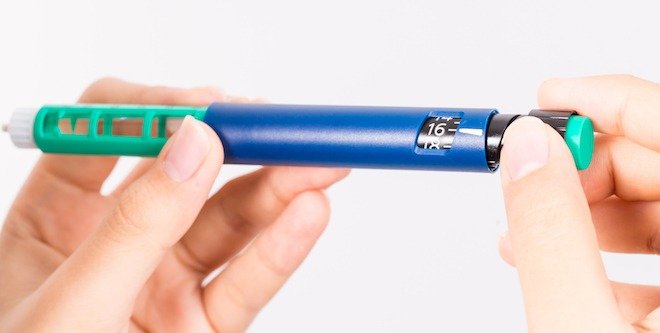As the warmer weather returns in spring, so do seasonal allergies (also known as hayfever or seasonal allergic rhinitis).
Management
Do random blood glucose tests help?
Regular blood glucose testing is important for people with diabetes, but are random blood glucose tests also helpful?
Diabetes and insomnia
If you suffer from diabetes and insomnia, there are a few things that might be causing it. Diabetes and sleep are very closely linked
Diabetes and circulatory problems
Blood circulation is one of the most important functions in the human body. It supplies oxygen to the brain and other organs (e.g. the heart, kidneys, lungs and liver), as well as your arms and legs.
7 things you need to know about diabetes and heart health
If you have diabetes, it’s important to pay attention to your heart health. Heart disease is a common complication of diabetes. In fact, people with diabetes are 3 times more likely to die of heart disease compared to those who don’t have diabetes. The good news is that there are a number of things you can do to reduce your risk.
Insulin and hypoglycemia: are all insulins the same?
There are many different types of insulin available today; some of them may make people more prone to episodes of hypoglycemia. Read this expert blog to learn about the onset and action of insulins used to treat type 1 and type 2 diabetes.







